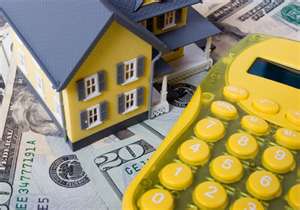A recent news article from another part of the state outlined three competing proposals to reduce property taxes (two target school property taxes, the third appears to focus on county, municipal, and school taxes, but not complete elimination) and provides a lot of quotes illustrating that there is still no concrete agreement on the topic of property tax reform (cue the “devil is in the details”).
Do we just eliminate school taxes (that would leave property taxes, and the need to somehow address assessments, for counties and municipalities)? Do we shift solely to one tax (sales or income) or a bit of both or expand the menu to others? Do the changes apply just to homeowners, or to all classes of property owners (a 2006 study by a state legislative agency estimated all local tax revenue generated just by homesteads at $7 billion)? Do school boards lose all taxing power if a shift is completed? And if local areas are able to vote to spend money above what might be a base amount of funding, would they be prohibited from reauthorizing a property tax?
The Census of Local Governments shows that local government collections of property taxes increased 89% from 1997 to 2011 in nominal terms from $8.8 billion to $16.6 billion. While local collections on sales and individual income are dwarfed by the total from property taxes, the collections of both taxes also increased significantly in nominal terms over that same time period. In 1997 and in 2011 local governments in Pennsylvania collected over $3 in property tax for every $1 they collected in sales and individual income taxes (it was $3.50/$1 in 1997 and $3.15/$1 in 2011).
We have written many times about this issue. In 2006, we noted that an Issues PA survey found that the most supported option for a tax shift was for the sales tax, and the level of support was 24%. That piece pointed out many ways to deal with the drivers of expenditure growth, which in turn drives the need for tax increases; only the prevailing wage issue has been addressed, and that was a minimal change. That same year when property tax relief from gaming was put into place there were provisions for voters in districts to shift school property taxes to wage or personal income taxes, an option few districts chose to take up, and, as we pointed out earlier this year, there have been very few chances for voters to have an up or down vote on a school property tax increase under the act.
In 2011 we wrote of another proposal to shift school funding from property taxes to sales and income taxes and later revisited the idea and focused on how taxpayers might be lukewarm on a “right pocket vs. left pocket” tax shift that does not address the cost side of the equation. A proposal from two years ago to end all property taxes in Allegheny County seems like a distant memory as the deadline for the discounted County real estate tax bills for 2014 just passed.

